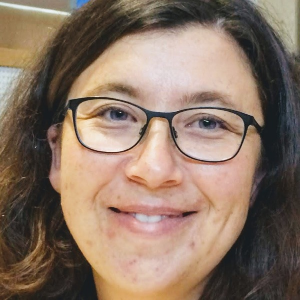VET 2025_ Event Postponement
This is to inform that due to some circumstances beyond the organizer control, "2nd Edition of International Conference on Veterinary Science" (VET 2025) June 09-11, 2025 | Hybrid Event has been postponed. The updated dates and venue will be displayed shortly.
Your registration can be transferred to the next edition, if you have already confirmed your participation at the event.
For further details, please contact us at veterinary@magnusconference.com or call + +1 (702) 988 2320.
Zoonotic and Emerging Infections
Over the last few years, emerging infectious diseases have attracted a lot of attention. Zoonotic diseases are a large group of new diseases that have been found. Zoonotic diseases are transmissible to humans and are maintained in nature in vertebrate animals, possibly with the help of an arthropod vector. Fungi, parasites, bacteria, rickettsia, and viruses are among the species that can cause zoonotic disease. Approximately 60% of all known infectious diseases in humans are zoonotic, as are 75% of all developing infectious diseases. Zoonosis, also known as zoonotic disease, is a disease that has been transmitted to humans directly or indirectly from an animal source. The increasing need for animal-derived food has prompted the intensification and industrialisation of animal production, in which a huge number of genetically similar animals are bred in for increased productivity and disease resistance. They are raised in close proximity to one another in less-than-ideal conditions characterised by insufficient biosecurity and animal husbandry, poor waste management, and the use of antimicrobials as a substitute for these conditions in intensive farm settings. As a result, they are more susceptible to infections, which can lead to the spread of zoonotic diseases.
- COVID-19
- SARS
- MERS
- Pandemic and Management
- Animal Care and Management

Marco Polettini
DVM, Italy
Andreia Freitas
INIAV/REQUIMTE, Portugal
Andreia Freitas
INIAV/REQUIMTE, Portugal
Kedibone Gloria Kgosana
Sefako Makgatho Health Sciences University, South Africa
Nnenna Ugwu
Anglia Ruskin University, United Kingdom
Rubens Dias de Melo Junior
Universidade Federal de Goiás, BrazilSubmit your abstract Today
Important Alert:
X


Title : Analyzing veterinary medicine residues in food: A comprehensive guide
Andreia Freitas, INIAV/REQUIMTE, Portugal
Title : Quantifying changes in facial expression following hot-iron disbudding under procaine hydrochloride and meloxicam treatment in Holstein dairy calves
Nnenna Ugwu, Anglia Ruskin University, United Kingdom
Title : Trypanosoma vivax in and outside cattle blood: Parasitological, molecular, and serological detection, reservoir tissues, histopathological lesions, and vertical transmission evaluation
Rubens Dias de Melo Junior, Universidade Federal de Goiás, Brazil
Title : Characterization of porcine rotaviruses in the Czech Republic
Romana Moutelikova, Veterinary Research Institute, Czech Republic
Title : Determination of Circulating Foot-and-Mouth Disease Virus Serotypes in Kenya (2023)
Hellen Mutua, Foot and Mouth Disease National Reference Laboratories, Kenya
Title : Welfare for Amazonian wild animals
Eliane Cardoso Carvalho Moraes, Jungle Warfare Training Center/ Army, Brazil